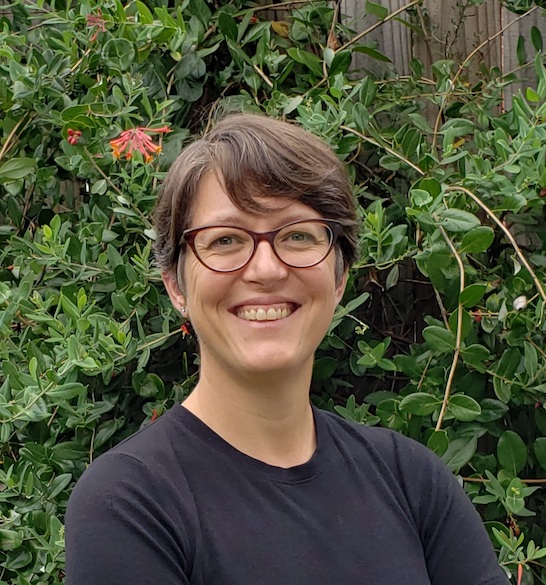In an effort to increase awareness of Open Access publishing at UNC Charlotte, Atkins Library is introducing a series of interviews with Open Access (OA) Champions around campus. These Champions are faculty and researchers at UNC Charlotte who have published their work in Open Access journals or books, deposited their work in the Niner Commons, or shared their scholarship via other Open Access avenues. Some Champions have received support from the Atkins Library Open Access Publishing Fund to publish in Open Access journals.
This month's OA Champion is Dr. Sara Gagné from the Department of Geography & Earth Sciences.
Q: Why did you decide to publish in an open access journal or book?
A: I strongly believe that scientific information should be freely available in an accessible form. In an ideal world, anyone should be able to download a scientific journal article for free on a topic that interests them. Of course, this isn’t always the case, to the detriment of our ability to solve global problems. My work with urban planners has taught me that major impediments to planners basing their land use decisions on scientific information are the cost of articles and the difficulty in finding them.
Q: How did you obtain the funding? Was it written into your grant?
A: I took advantage of Atkins’ Open Access Publishing Fund. This important funding has allowed my students and I to publish in high-impact, open access journals. Grant funds are often limited and there may be no available money to pay for open access publishing charges, which can be avoided by publishing in a traditional journal.
Q: How was your experience publishing open access different than publishing in a traditional pay journal? (licensing, process, etc.)
A: Overall, the experience was very similar. The quality of review was certainly similar. The biggest difference was probably length of time from submission to publication. That was much shorter with open access.
Q: Do you believe that publishing in an open access journal or book increased the visibility of your material?
A: Yes, I often now use the regular Google search engine to find recent articles on a topic and have noticed that those published in open access journals are at the top of the list. Also, open access articles are cited more (by 18% according to Piwowar et al. 2018. PeerJ 6: e4375).
